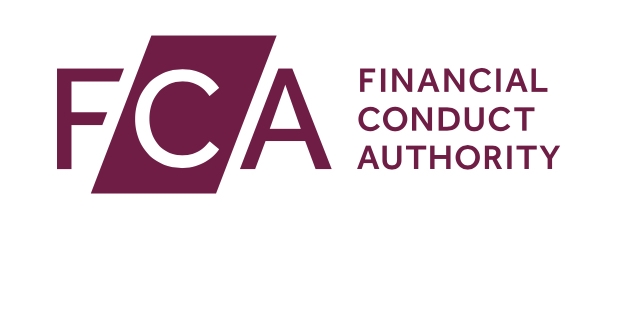The High Court today ordered the repayment of nearly £17m invested in four Unauthorised Collective Investment Schemes following legal action from the FCA.
Capital Alternatives Limited, Renwick Haddow, Marcia Hargous, Robert McKendrick and others were told to pay a total of £16.9m, in restitution for their roles in the schemes, which were unlawfully promoted to the public by “false, misleading and deceptive statements.”
The schemes involved:
· African Land (also known as Agri Capital), which offered investments in rice farm harvests in Sierra Leone, run by African Land Limited; and
· Reforestation Projects (also known as Capital Carbon Credits) which offered investments in carbon credits intended to be generated from land in Sierra Leone, Brazil and Australia, run by Reforestation Projects Limited.
Between 2009 and 2013, consumers were persuaded to invest in rice farm harvests in Sierra Leone and in carbon credits intended to be generated from land in Sierra Leone, Brazil and Australia.
The FCA launched legal action in July 2013 against the operation and promotion of the four schemes and also against the false and misleading statements made to consumers by individuals involved with the schemes.
Collective investment schemes can be “a risky investment,” according to the FCA, so only authorised firms and individuals can operate them. None of the defendants in these proceedings were authorised to undertake regulated activities.
The decision came following protracted proceedings, an appeal and an eventual trial which took place over 22 days and concluded in October last year.
Mark Steward, executive director at FCA’s Enforcement and Market Oversight Division, said: “This judgment should send a clear message to all of those who use corporate facades to sell dubious investments. We will do what it takes to hold them to account for their misconduct.
“We are acutely aware from experience that the risk to investors who deal with unauthorised firms is that most, if not all, investors are likely only to get a fraction of their money back.
“Consumers should recognise that there are huge risks involved when investing with unauthorised businesses.”

